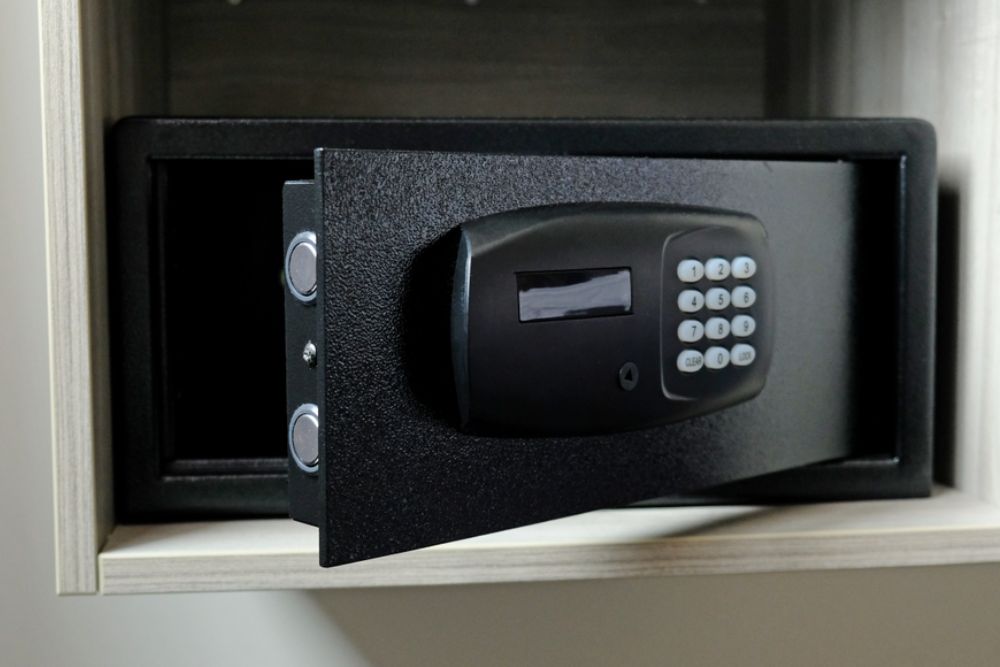Buying your first home is an exciting milestone, but it also comes with a lot of financial responsibility. While many people focus on the down payment, the full cost of homeownership goes far beyond that initial purchase. From mortgage payments to maintenance and property taxes, it’s important to have a solid budget to ensure you can afford your new home without sacrificing your financial stability. In this article, we’ll explore essential budgeting tips for first-time homebuyers to help you navigate this significant financial decision.
1. Understand All the Costs of Homeownership
When purchasing a home, many first-time buyers focus primarily on the down payment and monthly mortgage payments. However, there are numerous other costs involved in homeownership that you need to budget for. These include property taxes, homeowners insurance, maintenance, utilities, and potential home improvements. Understanding all of these costs upfront is crucial to creating an accurate budget.
-
Tip: Create a detailed list of all potential expenses, including mortgage payments, utilities, insurance, and maintenance costs. Don’t forget to factor in property taxes and any association fees if applicable.
-
Impact: By considering all the costs associated with owning a home, you can avoid financial surprises and ensure your home fits within your long-term budget.
2. Get Pre-Approved for a Mortgage
Before you start house hunting, it’s essential to get pre-approved for a mortgage. Pre-approval gives you a clear picture of how much you can afford to borrow and ensures that you’re not wasting time looking at properties that are out of your price range. Additionally, mortgage pre-approval can help you make stronger offers when you find the right home.
-
Tip: Shop around for the best mortgage rates and terms. Different lenders may offer different interest rates, so comparing options can help you save money over the life of your loan.
-
Impact: Getting pre-approved ensures you understand your borrowing limits, which can help you set a realistic budget and prevent overspending on a home.
3. Factor in the Down Payment
The down payment is one of the largest upfront costs when buying a home. While 20% is often the standard for conventional loans, many first-time homebuyers can qualify for loans with lower down payments. For example, FHA loans may allow for as little as 3.5% down, and some first-time buyer programs offer assistance or grants.
-
Tip: Research down payment assistance programs in your area or ask your lender about loan options with lower down payments. However, keep in mind that a smaller down payment may lead to higher monthly payments or additional mortgage insurance.
-
Impact: A smaller down payment can reduce the upfront cost, but it’s important to ensure that the resulting mortgage payments fit within your monthly budget.
4. Don’t Overextend Your Budget
It’s easy to get caught up in the excitement of buying a home, but it’s important not to overextend yourself financially. While you may be pre-approved for a certain loan amount, that doesn’t mean you should borrow the maximum. Buying a home at the top of your budget can lead to financial stress down the road.
-
Tip: Aim to keep your housing costs (mortgage, taxes, insurance, etc.) to no more than 28-30% of your gross monthly income. This ensures that you have room in your budget for other financial goals and unexpected expenses.
-
Impact: Staying within a reasonable budget prevents you from overburdening yourself with housing costs and gives you greater financial flexibility for other expenses.
5. Consider Additional Home Expenses
Homeownership comes with a variety of costs beyond the mortgage, and these can add up quickly. Routine maintenance, unexpected repairs, and home improvements are just a few of the ongoing costs of owning a home. It’s important to set aside money for these expenses in your budget.
-
Tip: Aim to set aside 1-2% of your home’s purchase price each year for maintenance and repairs. For example, if you purchase a home for $250,000, this would amount to $2,500–$5,000 annually for upkeep.
-
Impact: Having a dedicated maintenance fund ensures that you’re prepared for unexpected expenses and can keep your home in good condition without disrupting your finances.

6. Budget for Utilities and Other Monthly Bills
In addition to your mortgage, there are various monthly utility bills to consider, including electricity, water, gas, internet, and trash collection. These bills can vary based on the size of your home, your location, and your usage habits. Budgeting for these costs will give you a more accurate picture of your monthly expenses.
-
Tip: Ask the seller for utility cost estimates from the past year to get an idea of what you can expect. Be sure to also factor in any potential increases in energy usage or new expenses if you’re moving to a larger home.
-
Impact: By including utilities in your budget, you can avoid financial surprises and ensure that you’re not overspending on home-related bills.
7. Set Aside Money for Closing Costs
In addition to the down payment, there are closing costs associated with buying a home. Closing costs typically range from 2-5% of the home’s purchase price and cover various fees, such as title insurance, inspection fees, appraisal fees, and lender fees.
-
Tip: Budget for closing costs well in advance. You can estimate your closing costs using online calculators or by asking your lender for an estimate.
-
Impact: Being prepared for closing costs ensures that you won’t be caught off guard by unexpected expenses when it’s time to finalize your home purchase.
8. Plan for Future Home Improvements
While your home may be move-in ready, you may eventually want to make upgrades or renovations. Planning for these future improvements can help you avoid taking on unnecessary debt or dipping into your emergency fund.
-
Tip: If you’re buying an older home, set aside money for potential upgrades like replacing flooring, repainting, or updating appliances. Having a plan for these improvements will help you budget for them over time.
-
Impact: By planning for future home improvements, you can make enhancements to your home without straining your finances or taking on additional debt.
9. Review Your Credit Before Buying
Your credit score plays a significant role in the homebuying process. A higher credit score can help you secure a better mortgage rate, while a lower score may lead to higher interest rates and potentially larger monthly payments. Before you start house hunting, take the time to review your credit and make any necessary improvements.
-
Tip: Obtain a copy of your credit report and check for any inaccuracies. Work on improving your credit score by paying down debt, reducing credit card balances, and making sure all bills are paid on time.
-
Impact: A strong credit score can help you qualify for better loan terms, saving you money over the life of your mortgage.
10. Stay Flexible and Prepare for the Unexpected
Even with the best planning, buying a home can be unpredictable. From bidding wars to sudden changes in interest rates, it’s important to stay flexible during the process. Prepare yourself financially and emotionally for potential challenges along the way.
-
Tip: Keep some flexibility in your budget to accommodate for unexpected costs. Whether it's finding a home that requires additional repairs or adjusting to higher-than-expected closing costs, being prepared for surprises will reduce stress.
-
Impact: Staying adaptable ensures that you can handle unexpected obstacles and continue moving forward toward your goal of homeownership.
Buying your first home is a major financial commitment, but with the right budget and preparation, you can set yourself up for success. By understanding all the costs of homeownership, budgeting for both the expected and unexpected, and staying disciplined with your finances, you can make your dream of owning a home a reality without putting your financial future at risk. The key is to take it step-by-step, stay within your means, and plan ahead so that you can enjoy your new home with peace of mind.





